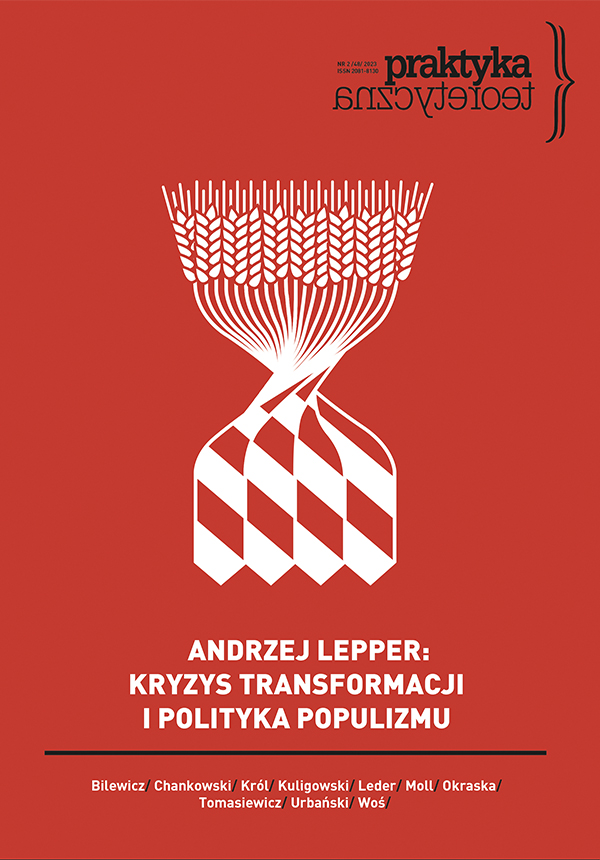

Articles

The prevailing belief in Poland assumes the continued dominance of small farms. The fragmented farm structure is supposed to have survived since the mid-19th century. This was changed under real socialism (1945–1989), despite attempts at collectivization (1948–1956). However, after 1989, and especially after Poland’s accession to the European Union (2004), rapid transformation of the Polish countryside began. Small and medium-sized farms have been collapsing en masse, there has been a concentration of the ownership of land and livestock production, the number of people employed in agriculture is falling, and the social composition of the countryside is changing. Thus, populist peasant movements are losing their social base and the political support of rural residents. They are increasingly speaking out against agribusiness, especially industrial farms that pose a threat to the social and natural environment. However, this protest movement can hardly be called popular, although it certainly retains a class character. It targets national and transnational corporations that impose neoliberal rules on agricultural production (often dominated by exports), and addresses the size and forms of consumption and living conditions in the Polish countryside.